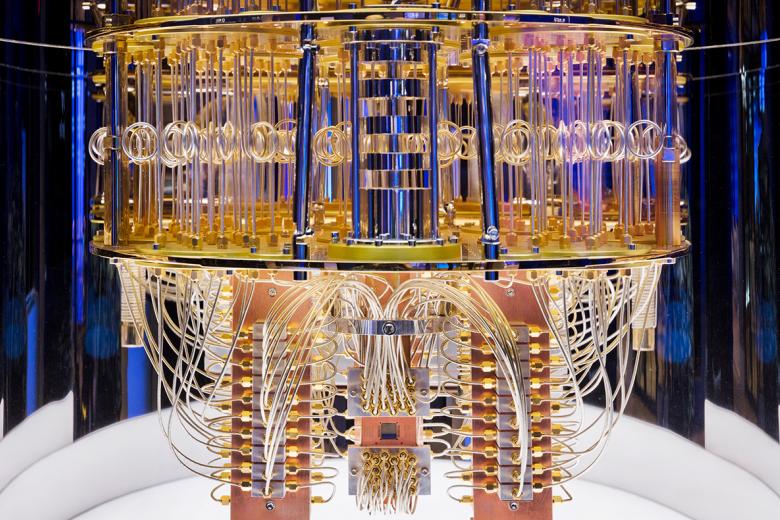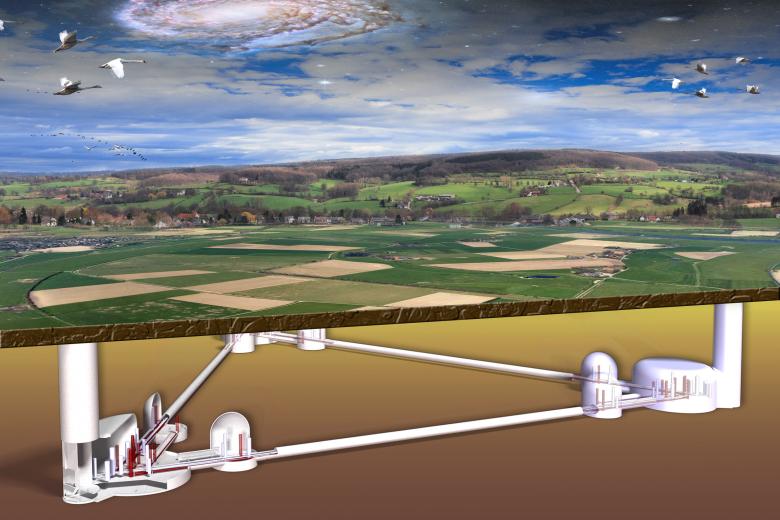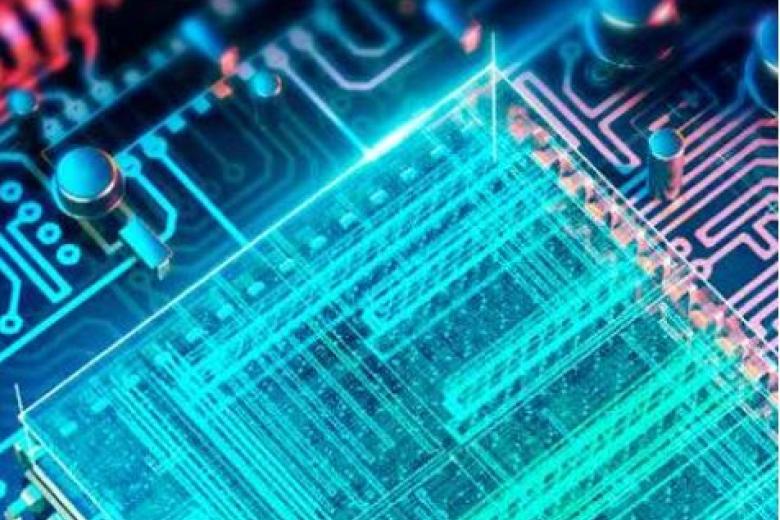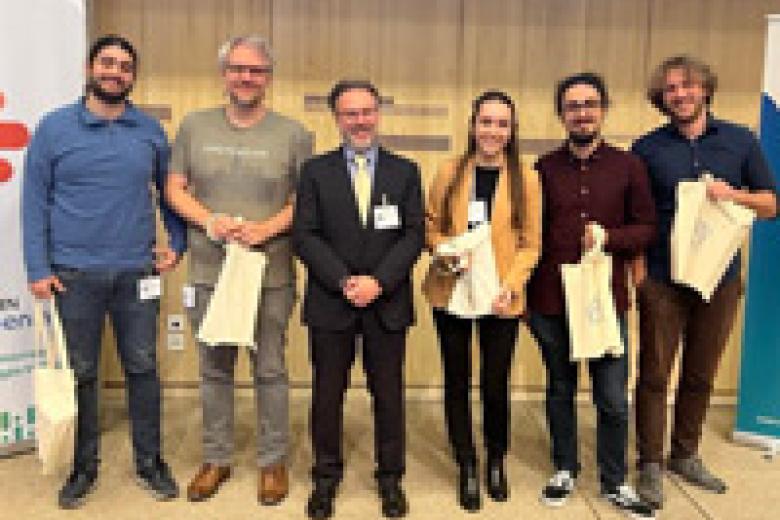Quantum Computing @ UM
Quantum Computing at Maastricht University (QC@UM) is a collaboration between the Department of Advanced Computing Sciences, specialized in Data Sciences and Artificial Intelligence, and Gravitational Waves & Fundamental Physics, specialized in research in gravitational waves and elementary particles.
At Maastricht University, our quantum computing team bridges foundational computer science research with advanced physics applications. Our research bridges quantum computing with high-performance computing, smart data processing, and next-generation physics detectors. We explore Quantum AI, Quantum Algorithms, Quantum Internet, and their transformative potential across scientific domains, driving innovation through interdisciplinary collaboration.
Quantum Algorithms and Quantum Internet
We are interested in foundational algorithmic questions about quantum systems. For instance, a critical problem in several disciplines, including chemistry and materials science, is to find the lowest-energy state (the 'ground state') of a given system. Unfortunately, there is strong evidence that this problem is intractable in general, even in the presence of quantum machines, so we are interested in questions like how well it can be approximated for particular classes of system, and what structural properties can be exploited to find (approximate) such states efficiently.
We are also interested in security properties of quantum systems, and algorithmic questions arising therefrom, for instance in how the rich classical theory of 'Quantitative Information Flow' (for computing that amount of information that can flow between interacting participants) can be extended to quantum systems.
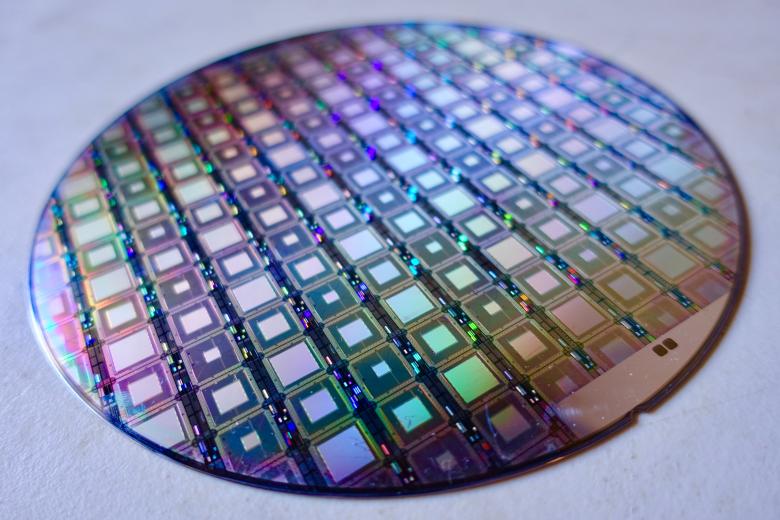
Quantum Computing
LHCb detector at the High-Luminosity Large Hadron Collider (HL-LHC)
The Large Hadron Collider at CERN in Geneva, Switzerland, is scheduled to be upgraded for superior performance from 2027 and onwards. Its luminosity will increase tenfold, proportionally increasing the number of particle collisions and allowing physicists to study them in greater detail.
The LHCb detector filters out traces of beauty particles by reconstructing the particles' tracks as they pass through the detector. Relevant tracks are filtered out of the data and saved in real-time, requiring us to rethink computing infrastructure as the number of particle collisions quickly becomes too much to handle.
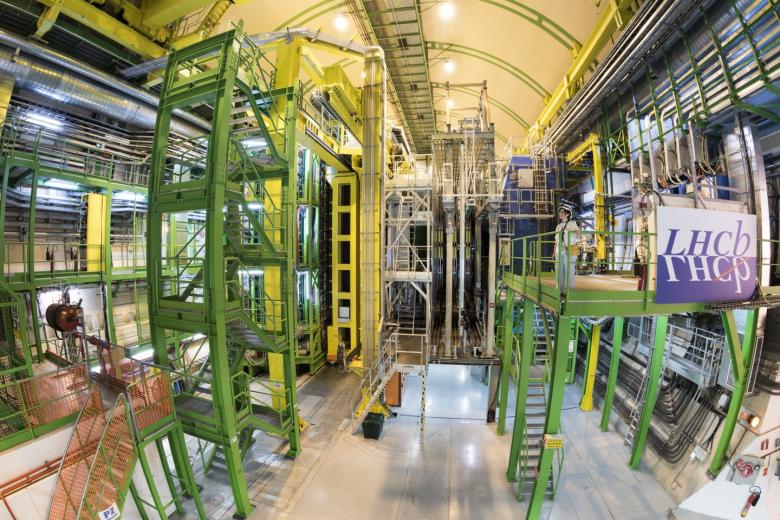
Quantum and high-performance computing for physics
Staff
Former staff
- Miriam Lucio Martinez
- Jeremie Gobeil
- Pietro Bonizzi
- Davide Nicotra
